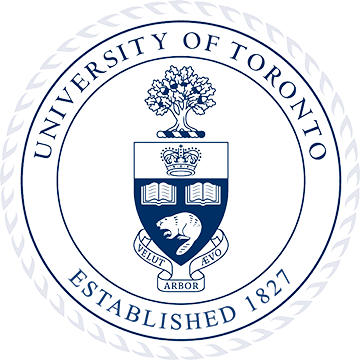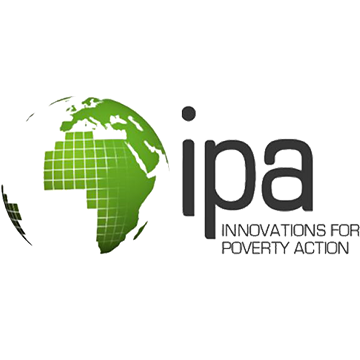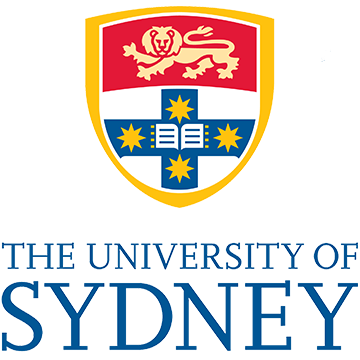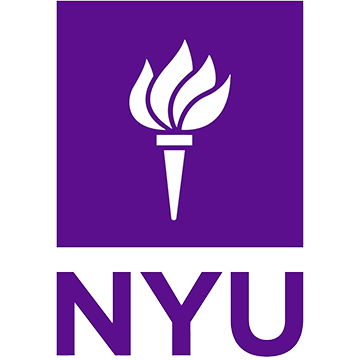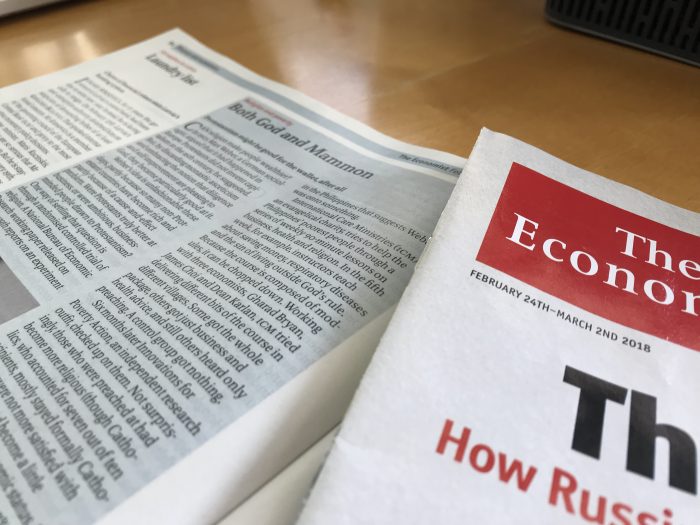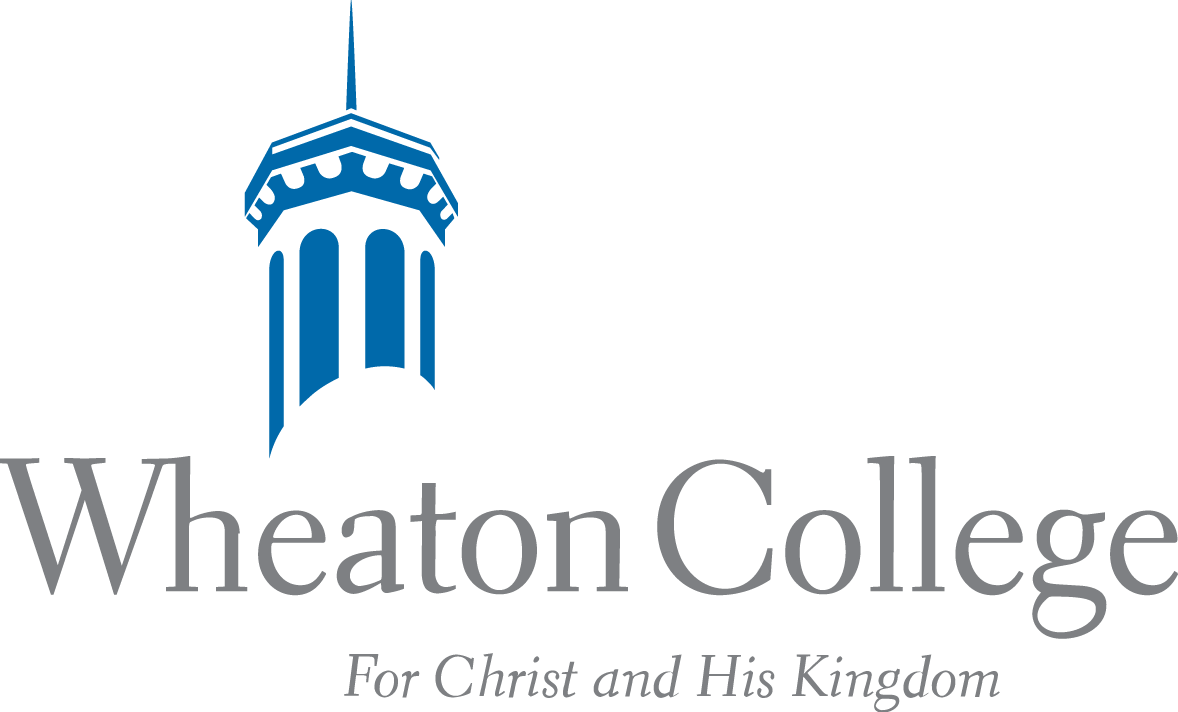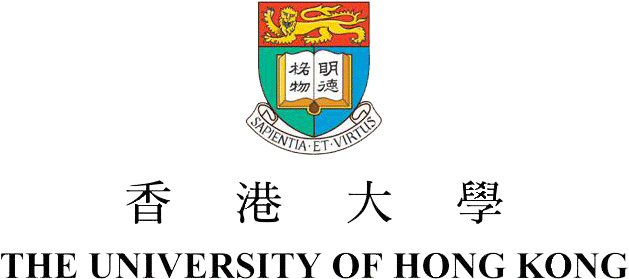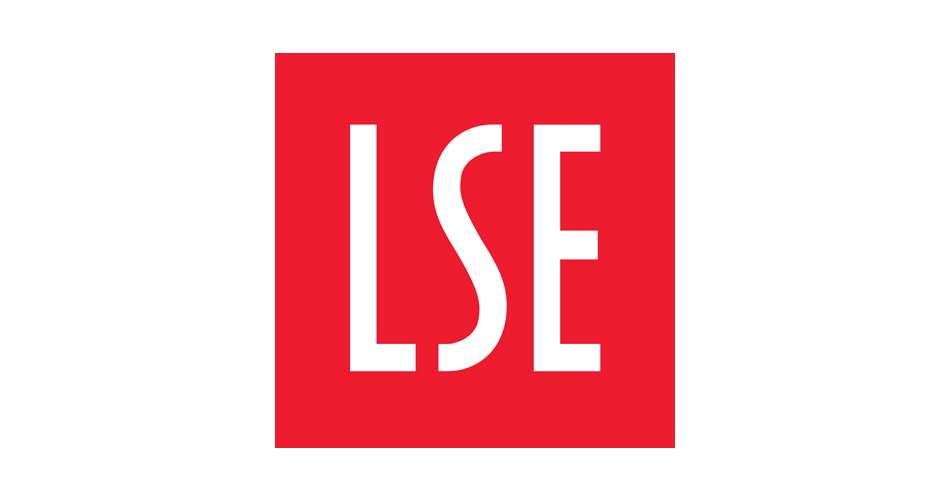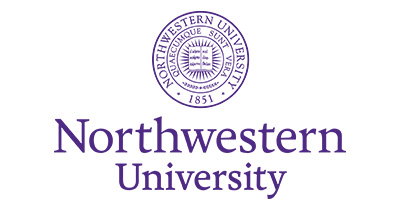Commitment to effectiveness means dedication to data.
We are committed to the rigorous measurement of our programs. Tracking everything that happens on the ground, our objective is to achieve the greatest impact.
“ICM’s dedication to evidence and transparency means their work is not just helping the direct recipients in their programs, but ultra-poor people in other parts of the Philippines, other parts of Asia, and other parts of the world.”
— Dean Karlan, Professor of Economics and Finance, Kellogg School of Management, Northwestern University and Co-Founder of Innovations for Poverty Action
Commitment to effectiveness means dedication to data.
We are committed to the rigorous measurement of our programs. Tracking everything that happens on the ground, our objective is to achieve the greatest impact.
“ICM is a trendsetter for rigorous evaluation and rapid learning from the results. ICM’s constant innovation to achieve greater outcomes at the lowest possible price should give any supporter confidence that money will be used well.”
— Paul Penley, Excellence in Giving Report 2017
ICM Research Published in Economist!
| ICM is pleased to announce that the six-month results of a large scale randomized controlled trial on ICM’s Transform program were released on February 19th as a National Bureau of Economic Research working paper. This paper was also reviewed by the Economist in the Feb 22nd print edition – read it here. |
Our Tools
Randomized Controlled Trials (RCT)
Partnering with Innovations for Poverty Action (IPA) and Yale University, ICM’s first RCT has validated statistically significant positive impacts from Transform (p<0.01).
Following our initial RCT, we invited IPA and Yale University to conduct a third-party RCT measuring Transform’s effectiveness. The IPA study surveyed 8,000 ICM households. The midline results have been published here. We are conducting the two-year follow up in 2018.
Read Our Research
Our Current Studies
Our research team are currently working on a wide range of studies. Some highlights include:
An RCT involving 5,000 children, to measure the medium and long-term outcomes from a parent coaching education strategy.
Partners: Yale, NYU, Save the Children
A seven year follow up study of 1,000 Transform graduates
Effectiveness of different treatment products targeted at Severe and Moderate Acute Malnutrition, studying 250 cases.
Partner: University of Toronto
A joint panel study researching the role of faith-based organizations in disaster response and resilience training.
Partners: JLI and Tearfund.
Estimating maternal and infant mortality rates among the ultrapoor, using ICM pregnancy and newborn treatment package delivery among 495 pregnant women.
In depth analysis on the creation and change of 4,500 people’s social networks due to Transform.
Partners: University of Toronto, University of Sydney, Yale.
Evaluation of the long term impact of Jumpstart kindergarten, comparing sibling to sibling and studying 2,000 Jumpstart graduates.
Partner: University of San Francisco
Analyzing the creation of trust between ICM health staff and TB suspects, and how this impacts health screening rates of 2,870 people.
Partner: University of Toronto
An RCT on the relationship between 146 ICM trainers’ characteristics and their Transform outcomes.
Capturing detailed income to consumption cycle among the ultrapoor – a collection of case studies.
In depth evaluation on the make-up and economics of savings groups involving 2,400 people in 80 groups.
Partner: Wheaton College
Mid-line results for a multi-site pastoral training curriculum, and how it affects the health of the church, involving 3,000 pastors and 3,500 congregants.
Analysis of how baseline levels of trust in communities affect adherence to malnutrition treatment and program dropout rates among 2,650 individuals.
Preliminary analysis on hope scales that were tested in Mexico, to see how hope impacts Transform outcomes in 1,300 people.
Partner: University of Toronto
Analyzing the differential economic impact of Transform due to participation in government programs and baseline poverty level of 2,071 people.
Sharing learning globally with partners to bring best practices to development programs
We want our research to impact the world. Our team shares findings, study designs and data collection strategies with organizations who focus on similar issues and face comparable evaluation challenges.
If you would like to find out more about how to collaborate with ICM on research and innovation, please contact us.
Project Tomorrow
Real time data tracking for nationwide operations
Project Tomorrow is an exciting advancement for ICM in how we manage and monitor our programs. The online database gives us immediate visibility into what is happening on the ground in the communities where we are working. This real-time access to data allows us to:
- Rapidly process applications for community programs
- Actively monitor program participation patterns, resource distribution and graduation rates
- Manage health and livelihood interventions for individual participants
- Provide donors with greater transparency on their impact
Our Research and Innovations Partners
ICM is honored to be partnering with many outstanding academic institutions that are committed to academic excellence in research.
